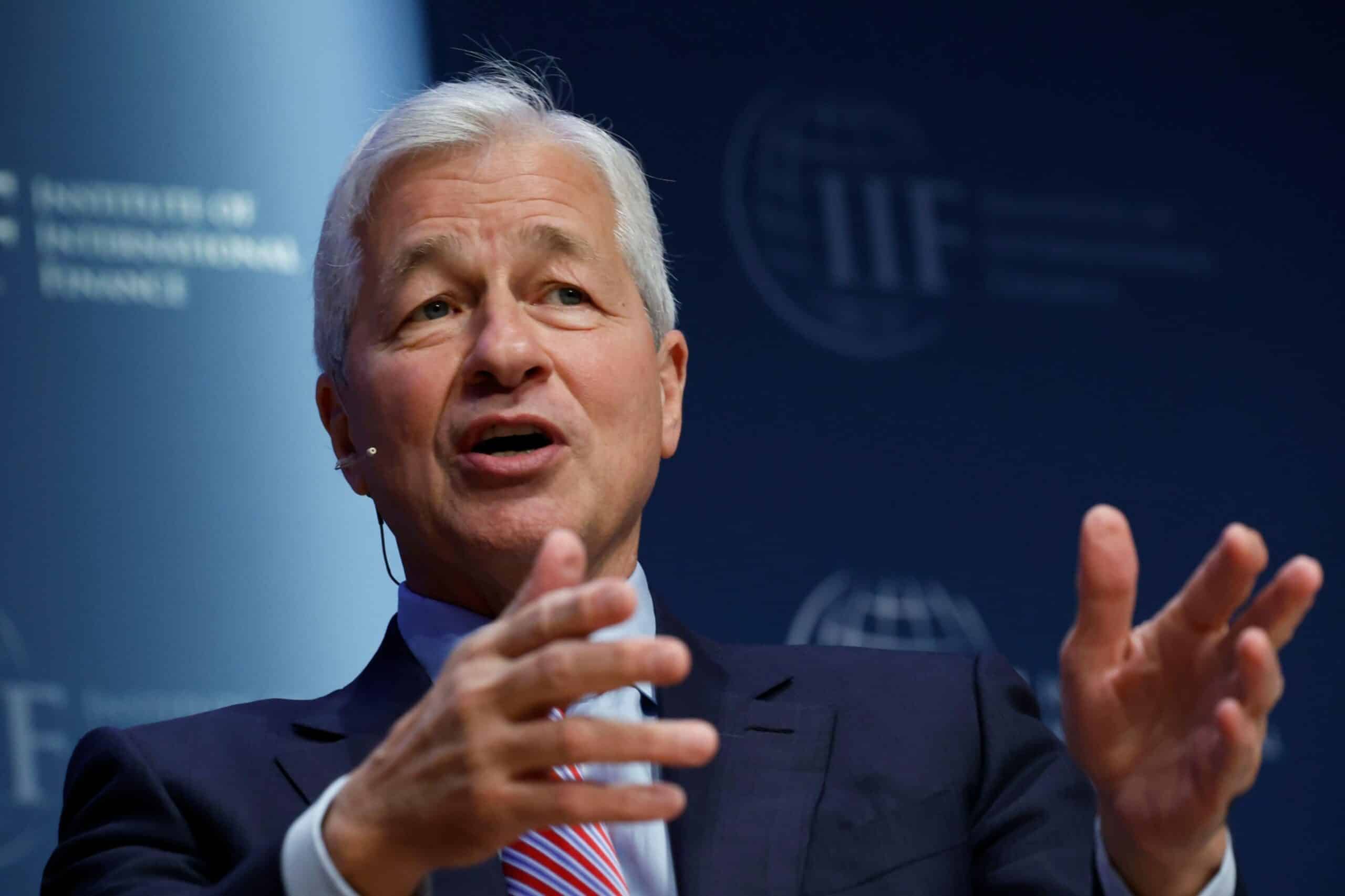JP Morgan CEO Jamie Dimon: India Naturally Aligns with US Interests

Jamie Dimon, the chairman and CEO of JPMorgan Chase, recently visited India to engage with global business leaders at the bank’s 10th annual India conference. During his visit, Dimon expressed admiration for Mumbai’s coastal road and shared insights on various pressing issues, including tariffs, H-1B visas, and the implications of geopolitical tensions on global trade. He emphasized the importance of free trade and the need for strong international relationships, particularly between India and the United States.
Dimon’s Perspective on Tariffs and Trade Relations
In an exclusive interview, Dimon articulated his stance on tariffs, aligning himself with the free-trade movement, except in matters of national security, such as artificial intelligence and critical minerals. He acknowledged the complexities of trade relations, particularly in light of the ongoing geopolitical tensions stemming from the war in Ukraine. Dimon expressed hope that U.S. President Donald Trump and Indian Prime Minister Narendra Modi could find common ground on trade issues, noting that India is a natural ally of the United States. He pointed out that while trade with America is not extraordinary, many tariffs have been exempted, complicating the narrative surrounding trade frictions.
Dimon also addressed the potential for improved ties despite existing trade challenges. He noted that the current trade dynamics are not as straightforward as they may seem, suggesting that both nations could benefit from a more collaborative approach. His comments reflect a broader sentiment that while tariffs can create friction, they are not insurmountable barriers to strengthening bilateral relations.
Insights on H-1B Visas and Global Talent Mobility
Dimon shared his thoughts on the recent announcements regarding H-1B visas, which initially caused confusion in the business community. He clarified that the changes would primarily affect new visa applications rather than existing ones, alleviating some concerns among companies reliant on skilled foreign workers. He acknowledged the significance of H-1B visas for JPMorgan’s operations, as they facilitate the movement of talent across global markets. However, he emphasized that it is too early to determine the long-term impact of the HIRE Act on hiring and outsourcing practices.
The JPMorgan CEO highlighted the importance of engaging with stakeholders and policymakers to navigate the evolving landscape of immigration and talent acquisition. He underscored that the ability to attract and retain skilled professionals is crucial for the bank’s growth and operational efficiency.
Concerns About the Global Economy and Market Risks
When discussing the global economy, Dimon expressed cautious optimism, noting that while tariffs could have modest inflationary effects, they are unlikely to trigger a recession on their own. He pointed out that the global economy is vast, and U.S. trade is just one piece of the puzzle. Dimon acknowledged that while tariffs may impose costs, new spending initiatives could offset some of these impacts. He also remarked on the high asset prices and credit spreads in the market, indicating that while elevated prices carry risks, they do not necessarily predict an imminent downturn.
Dimon’s insights reflect a nuanced understanding of the interconnectedness of global markets and the various factors that influence economic stability. He emphasized the need for vigilance and adaptability in the face of changing market conditions, particularly as geopolitical tensions continue to evolve.
Reflections on India’s Economic Reforms and Future Prospects
Dimon praised India’s recent economic reforms, highlighting the successful implementation of initiatives like Aadhaar and the Goods and Services Tax (GST). He commended Prime Minister Modi’s leadership in driving these changes, which he believes are essential for fostering a conducive environment for commerce and investment. Dimon noted that sustained investment in infrastructure is critical for India’s growth trajectory, and he expressed confidence in the country’s potential to continue its economic expansion.
Reflecting on his experiences in India since his first visit in 2005, Dimon observed significant progress in the country’s economic landscape. He mentioned the growth of JPMorgan’s operations in India, which now employs over 55,000 people across various sectors, including engineering and technology. Dimon anticipates that the Indian stock market could reach a valuation of $20 trillion in the next two decades, underscoring the country’s promising economic outlook.
Overall, Dimon’s visit to India and his discussions with business leaders highlight the importance of international collaboration and the potential for growth in the face of global challenges. His insights serve as a reminder of the dynamic nature of global trade and the need for adaptive strategies in an ever-evolving economic landscape.
Observer Voice is the one stop site for National, International news, Sports, Editor’s Choice, Art/culture contents, Quotes and much more. We also cover historical contents. Historical contents includes World History, Indian History, and what happened today. The website also covers Entertainment across the India and World.

